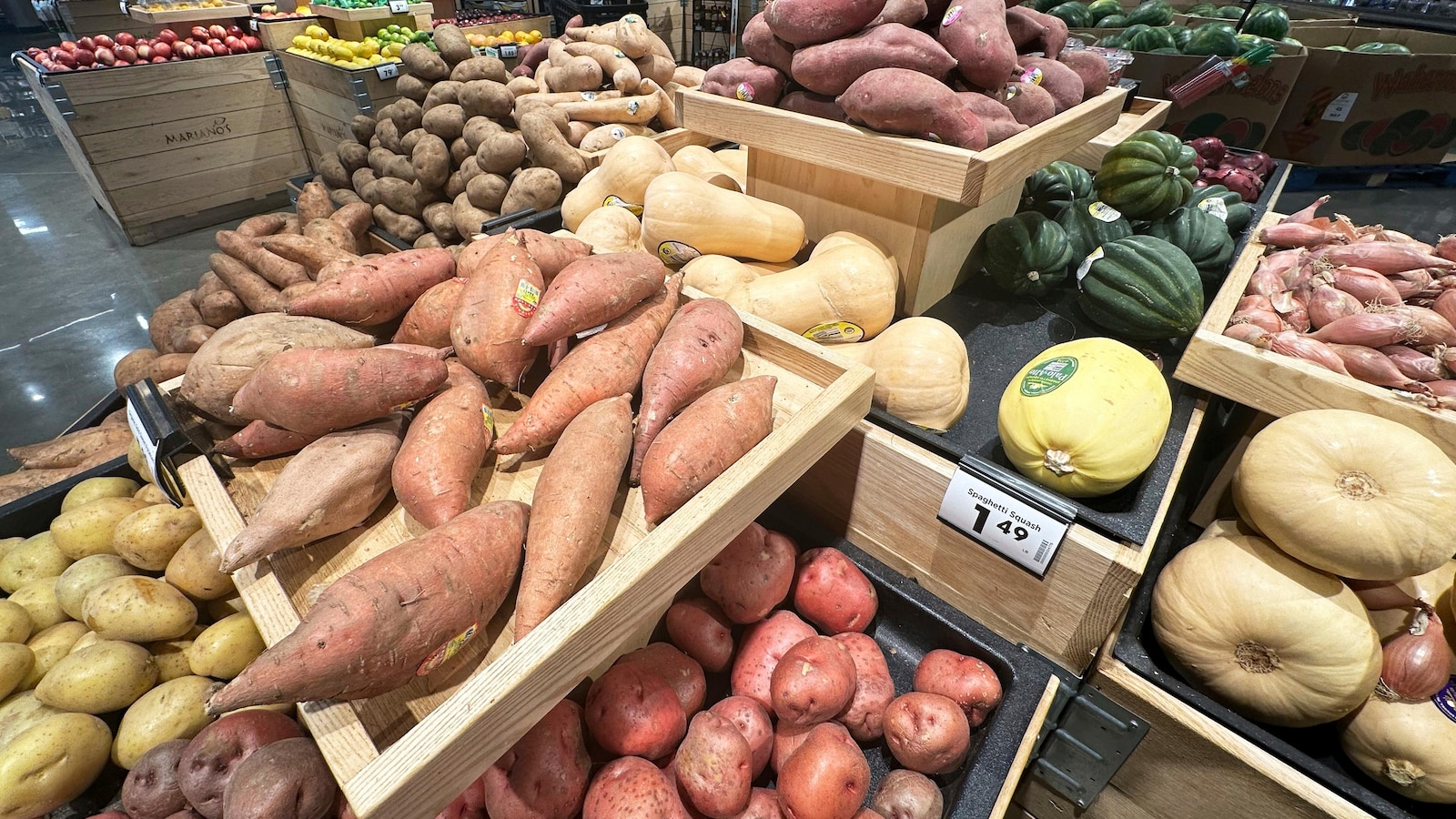Americans Face Widespread Stress Over Rising Grocery Costs
Most Americans, especially low-income individuals and women, are significantly stressed by grocery costs, with some using 'buy now, pay later' for essentials.
Subscribe to unlock this story
We really don't like cutting you off, but you've reached your monthly limit. At just $5/month, subscriptions are how we keep this project going. Start your free 7-day trial today!
Get StartedHave an account? Sign in
Overview
- Approximately half of all Americans are experiencing stress due to the rising cost of groceries, a concern highlighted across multiple national polls.
- A significant majority of U.S. adults, with only 14% reporting no stress, are impacted by grocery expenses, indicating widespread financial pressure.
- Low-income Americans are disproportionately affected, identifying grocery costs as a major source of stress, according to various surveys.
- Women consistently report higher levels of financial stress compared to men, specifically concerning income, savings, healthcare, and grocery expenses.
- About 3 in 10 U.S. adults have used 'buy now, pay later' services for essentials like groceries, further contributing to the overall stress regarding food costs.
Report issue

Read both sides in 5 minutes each day
Analysis
Center-leaning sources cover this story neutrally by focusing on objective poll data regarding widespread financial stress, particularly grocery costs. They present findings across various demographics without assigning blame or advocating for specific policies. The inclusion of diverse personal anecdotes serves to illustrate the data, maintaining an informative and balanced tone.
Articles (3)
Center (2)
FAQ
Stress over rising grocery costs is mainly due to the significant increase in food prices nationwide, with certain locations experiencing much higher inflation rates, disproportionately affecting low-income individuals and women.
Grocery prices increased by approximately 5.3% year-over-year nationwide in 2025, with variations up to 5% between states, causing some families to face much higher costs depending on their location.
Women report higher financial stress because they are more affected by income insecurity, lower savings, healthcare expenses, and grocery costs, leading to greater overall financial pressure.
Approximately 30% of U.S. adults use 'buy now, pay later' services for essentials like groceries, which can contribute to increased financial stress as people defer payments while managing rising costs.
Inflation rates increased moderately in mid-2025, with food prices rising about 2.9% year-over-year, contributing to ongoing financial stress among consumers, especially for essential groceries.
History
- This story does not have any previous versions.

